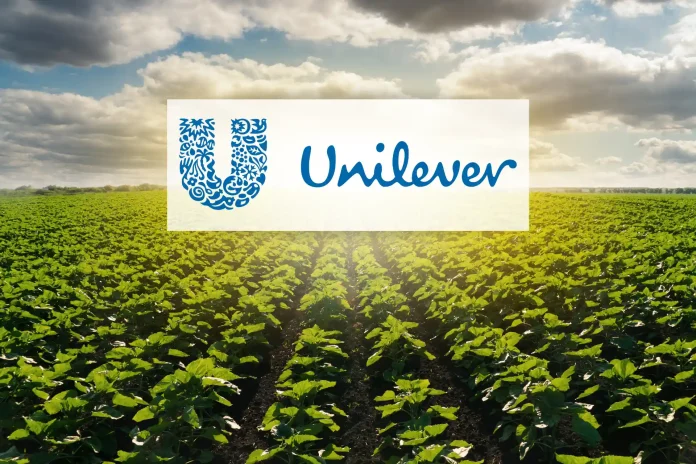While feeding the world, the agricultural sector often comes at a high environmental cost. Conventional farming practices contribute significantly to climate change, soil degradation, and biodiversity loss and need to be changed using new technology. Among the frontrunners in this movement is Unilever, with its Unilever Regenerative Agriculture project, a global consumer goods giant committed to sustainable sourcing and environmental responsibility. This is in response to a growing movement that embraces regenerative agriculture, a unique approach that aims to heal and restore ecosystems while producing nutritious food.
Unilever Regenerative Agriculture Principles
Unilever regenerative agriculture program was launched in 2021, guided by a set of core principles:
- Protect and improve soil health: This involves practices like cover cropping, reduced cultivation land, and compost application to enhance soil organic matter, fertility, and water holding capacity.
- Reduce greenhouse gas emissions: By focusing on practices like biochar application and improved manure management, the program aims to reduce climate change and build carbon-filled soils.
- Enhance biodiversity: Unilever regenerative agriculture encourages practices that create habitats for pollinators, beneficial insects, and other wildlife, promoting a healthy and diverse ecosystem.
- Improve farmer livelihoods: The program supports farmers in adopting regenerative practices through training, technical assistance, and fair financial incentives.
Cultivating Change Across the Globe
Unilever regenerative agriculture program encompasses a diverse range of projects across various agricultural landscapes and crops. Here’s a glimpse into some of the vital initiatives taken by the company:
- Tomatoes in Spain: In partnership with Spanish tomato supplier Agraz, the program focuses on water and soil management in the drought-prone Badajoz region. Techniques like furrow irrigation and cover cropping have helped reduce water usage by 25% and increase soil organic matter by 27%, leading to a 37% decrease in greenhouse gas emissions per kilogram of tomatoes.
- Rice in Arkansas, USA: Methane emissions from rice cultivation significantly contribute to climate change. Unilever’s project in Arkansas implements alternate wetting and drying techniques, reducing the time rice paddies are flooded. This has resulted in a remarkable 76% decrease in methane emissions and 48% lower total greenhouse gas emissions per kilogram of rice.
- Soybeans in Iowa, USA: Soil erosion is a significant challenge in soybean production. The Iowa project promotes practices like cover cropping and no-till farming, which have improved soil health and reduced erosion by 25%.
- Dairy in Italy: The program focuses on reducing water pollution from dairy farms in Lombardy, Italy. The project has achieved a 50% reduction in nitrogen and phosphorus leaking into waterways by implementing anaerobic digestion systems to manage manure.
The Effect of Positive Change
The positive impacts of Unilever regenerative agriculture projects extend far beyond quantifiable metrics. By promoting healthier ecosystems, the program contributes to:
- Improved soil health and biodiversity make agricultural systems more adaptable to extreme weather events like droughts and floods.
- Regenerative practices create pollinators, birds, and other wildlife habitats, promoting a healthy and diverse ecosystem.
- Farmers involved in the program gain valuable knowledge and skills in sustainable agriculture, leading to improved livelihoods and increased productivity.
Unilever’s Sustainability Campaign
Unilever’s commitment to regenerative agriculture is part of its broader sustainability strategy, Unilever Compass. The company aims to sustainably source 100% of its agricultural raw materials by 2030 and has pledged to invest €1 billion in regenerative agriculture projects by 2025. This dedication positions Unilever as a leader in the industry, driving positive change throughout the agricultural supply chain.
Looking Ahead for Sustainable Future
While Unilever regenerative agriculture program is still in its early stages, the initial results are promising. The program demonstrates the potential of this approach to address the environmental challenges of food production while ensuring food security and farmer livelihoods. By scaling up its efforts and collaborating with other stakeholders, Unilever can play an essential role in transforming the agricultural sector towards a more sustainable and resilient future.
The road ahead for Unilever regenerative agriculture is paved with challenges and opportunities. However, the success stories emerging from Unilever’s projects offer some hope. By embracing this transformative approach, we can cultivate a future where food production and environmental health go hand in hand.



